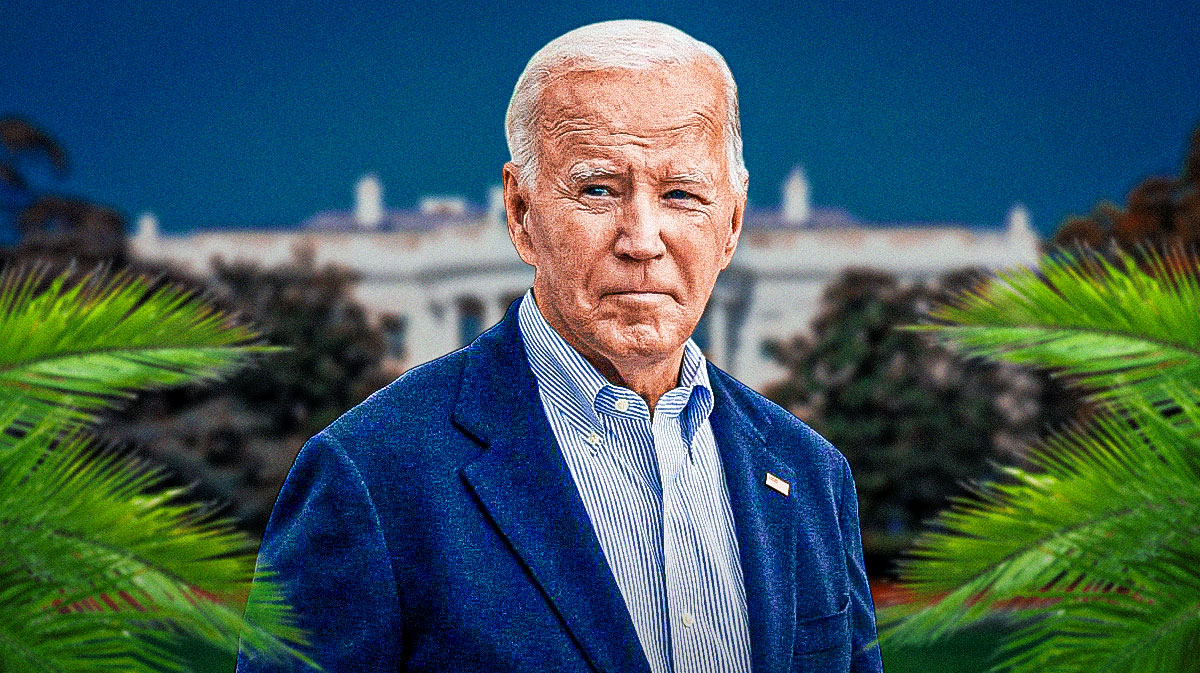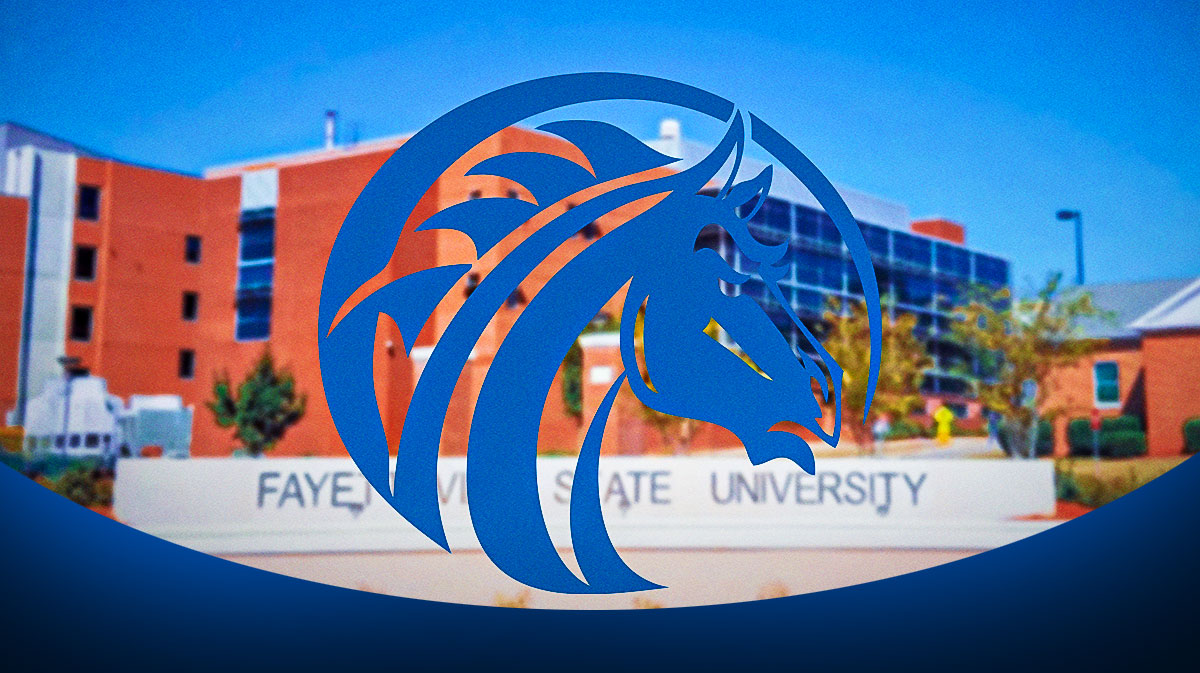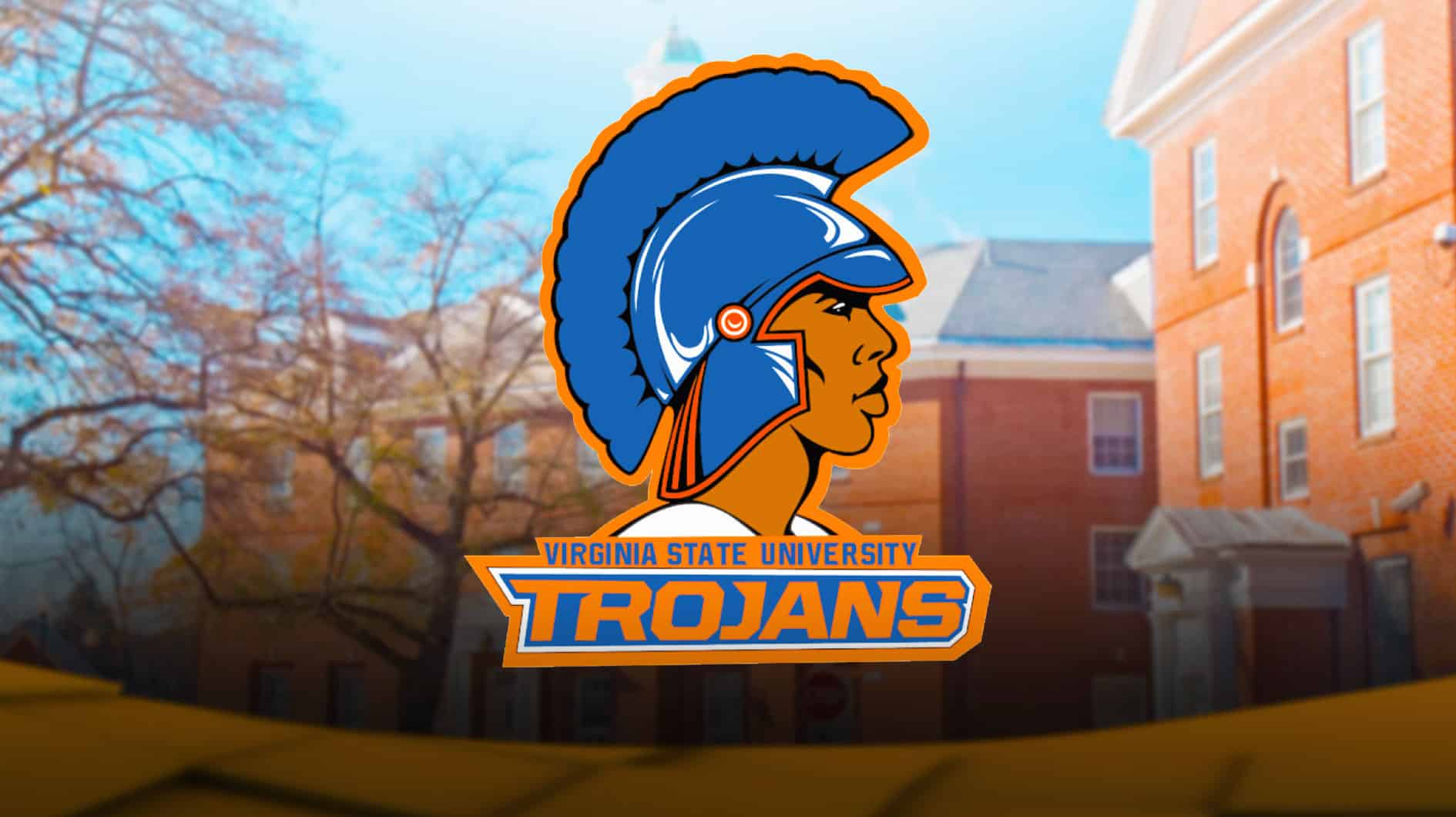In a whirlwind 24 hours, the Biden administration scored a major win on student debt relief, only to face another setback almost immediately. Just weeks before a crucial election, U.S. District Judge Randal Hall in Georgia lifted a temporary restraining order, giving the green light for President Biden’s plan to move forward and potentially bring relief to over 25 million Americans.
But the celebration was short-lived, as Republican-led states swiftly filed new motions to block the plan once again.
Student debt relief has become a battleground issue, with conservatives slamming Biden’s efforts as a costly burden on taxpayers. They argue the move is little more than a political stunt, aimed at boosting support among younger voters before November’s election.
Seven GOP-led states Alabama, Arkansas, Florida, Georgia, Missouri, North Dakota, and Ohio teamed up to file a lawsuit against the Biden administration, claiming the U.S. Department of Education’s debt cancellation plan is illegal.
Judge Hall, appointed by former President George W. Bush, handed Biden a brief victory, ruling that Georgia didn’t have the legal standing to block the plan. The case has now been sent to Missouri, where the state’s Attorney General Andrew Bailey is leading the charge to halt the relief.
Bailey argues that Missouri’s loan servicer, Mohela, could lose significant revenue from servicing federal loans if the debt is forgiven an argument that was key in derailing Biden’s earlier debt relief efforts. The Supreme Court struck down that plan in 2023, which would have wiped out up to $20,000 in student loans for more than 40 million borrowers.
Despite the legal pushback, the Biden administration isn’t giving up. A spokesperson from the U.S. Department of Education expressed relief over the ruling, emphasizing that Georgia had “no legal basis” for its lawsuit. “This lawsuit is yet another attempt by Republican officials to prevent millions of Americans from getting the financial relief they deserve,” the spokesperson said. “We’re committed to fixing the broken student loan system and supporting borrowers across the country.”
Biden’s latest plan aims to provide targeted relief to certain groups of borrowers, those who owe more than they originally took out, borrowers who have been making payments for decades, students from schools with low financial value, and those eligible for forgiveness but who haven’t yet applied.
As the case moves to Missouri, the fight is far from over. For millions of student loan borrowers, the stakes are high and so is the political tension surrounding the issue. With the November election right around the corner, the outcome of this legal battle could play a pivotal role not only in personal financial relief but also in shaping the political landscape.
All eyes are now on Missouri, where the next ruling could make or break Biden’s student debt relief plan. For now, the administration remains determined to see the plan through, even as conservative opposition ramps up. The future of student debt relief hangs in the balance, and borrowers nationwide are watching closely, hoping for a break.





